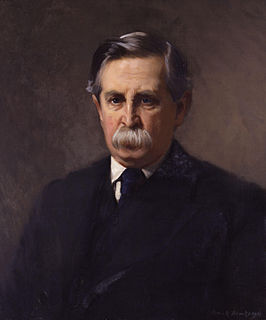A Quote by Honore de Balzac
The pleasures of love proceed successively from a distich to a quatrain, from a quatrain to a sonnet, from a sonnet to a ballad, from a ballad to an ode, from an ode to a cantata, and from a cantata to a dithyramb. A husband who begins with the dithyramb is a fool.
Related Quotes
In your language you have a form of poetry called the sonnet…There are fourteen lines, I believe, all in iambic pentameter. That’s a very strict rhythm or meter…And each line has to end with a rigid pattern. And if the poet does not do it exactly this way, it is not a sonnet…But within this strict form the poet has complete freedom to say whatever he wants…You’re given the form, but you have to write the sonnet yourself. What you say is completely up to you.


































